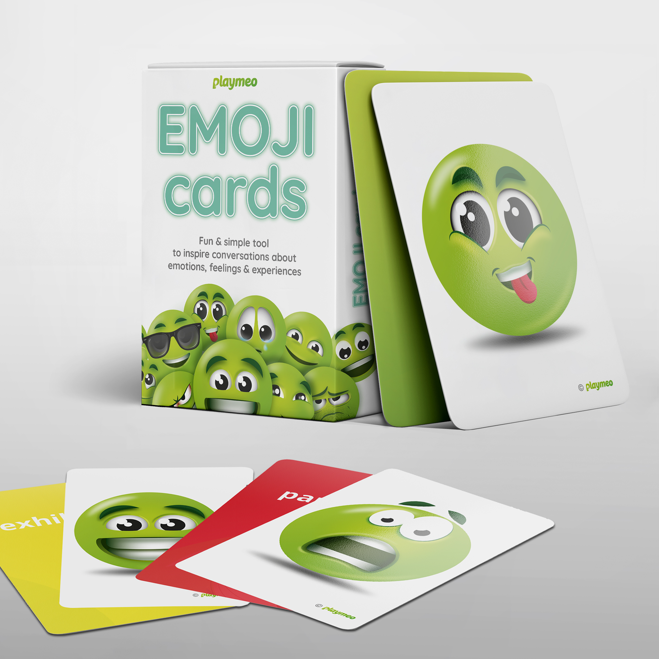20+ Fun & Engaging Ways to Form Random Pairs
So you’ve asked your group to pick a partner so that you can form smaller teams and… they immediately make a beeline to their best…

After a year like no other, if you could hold a crystal ball and look into the future, what do you think you might see into 2021?
What did you learn from the pandemic and what new trends are emerging?
Having just marked the 12-month anniversary of my first lockdown, I’ve been musing on these questions quite a lot.
In a world learning to live with a highly contagious virus (rather than “going back to normal” as we had all hoped,) I’m curious to know in what ways the use of interactive group games & activities (IGGA) – both online and in-person – will be shaped by our experience of the past year.
I posed this question to a number of colleagues and playmeo’s IGGA Facebook Group recently, and here are the six key takeaways:
Yes, we all prefer in-person interaction to the alternatives. All things being equal, there is no doubt that we will (slowly) return to in-person gatherings, not just because this is more ‘normal’ but there is no doubt that ‘turning up’ is more powerful for all of the obvious reasons. So, I look forward to the day when I can (again) travel the world without restrictions and invite my groups to shake hands, share props and problem-solve in close proximity to one another.
But, this does not excuse what I learned along the way…
There is no doubt that the mantra ‘wash your hands’ has taken on a more significant meaning. I am now much more aware of the risks associated with inviting people to interact in close proximity to one another, not to mention the (transmission) issues of shared equipment and poor ventilation. These gatherings and instances will continue to happen but with heightened and long-standing protocols in regards to hygiene to keep people safe and healthy. For example, I use the outdoors as often as I can and I now carry multiple decks of cards (like UBUNTU Cards) to mitigate the risks of transmission between groups.
There is no doubt that inviting groups to interact online pushed many, if not all of us outside of our Comfort Zones. The presumptive setting (for school, staff training, camps, etc) has always been that people turn-up in person. So, it was natural to doubt that virtual gatherings could work. But, once we got over selves and learned how to facilitate more effectively online (see next point), we discovered virtual gatherings can and do work. Are they our preferred format, probably not? But, connections and relationships can be built online, it just takes committed intentionality and a rigorous focus on humanising our virtual experiences. We may appear as pixellated versions of ourselves but we are not robots. So when in doubt, be human.
Being a great facilitator online is a whole different ball game from facilitating people standing or sitting in front of you. While there are some transferable skills, there are just so many points of difference we have to accept that online facilitation is unique. First, it is very difficult to ‘read’ your group when you cannot accurately observe the body language of your group not to mention intricate facial expressions. Second, for most online engagements, the facilitator is at best a pixellated talking head on a small screen that is competing with a myriad of other distractions, eg email, the view out the window, a pinging smartphone, etc. Plus, Zoom burnout in 2021 is a real thing – asking people to stare at a screen for hours on end is painful and counter-productive. All of these issues must be managed (and can be) if you want your online facilitation to be effective.
This probably surprised me – there are a bunch of activities I have always loved in-person that are actually more fun when played online. For example, Count Off is so much better when played virtually and so is Blind Portraits and ID Numbers, just to name a few. I have loved tweaking many of my favourite activities to squeeze new life out of them online. Indeed, I expect to lead some activities even more effectively now that I have honed my skills to describe them in a virtual setting, ie I can not necessarily rely on a quick (physical) demonstration to excuse my poor explanation.
Some folks believe the pandemic caused the advent of augmented reality or virtual reality (VR) to appear a lot quicker than would otherwise have been the case. This type of interaction occurs in a number of different ways from people wearing VR goggles (to imagine they appear in-person with others) to engaging with some funky virtual spaces which aim to replicate the appearance and feel of an in-person gathering, eg office floor. I have not started to venture into this space yet, but I am interested to see these exciting albeit pixellated forums develop over time. Now, pass me my goggles, please.
So, what did 2020 teach you in regards to the use and value of interactive group games & activities into 2021?
Drop a comment in the section below and share your insights with the world 🙂
trends / 2021 / what have we learned / pandemic / COVID19

Best-selling book featuring 150+ fun group games & activities. Scan QR codes to access digital content including videos.

Brand new deck of cards featuring emoji images to help you inspire conversations about emotions, feelings & experiences.
Download our free 28-page ebook jam-packed with outrageously fun activity ideas.
Just one more question:
Share this with friends and colleagues.
We offer a range of membership plans with no surprises.
Click an option below & discover our simple pricing.

Click here if you’re a:

Click here if you represent a:
Explore plans for
10, 50, 200 or more
potential users